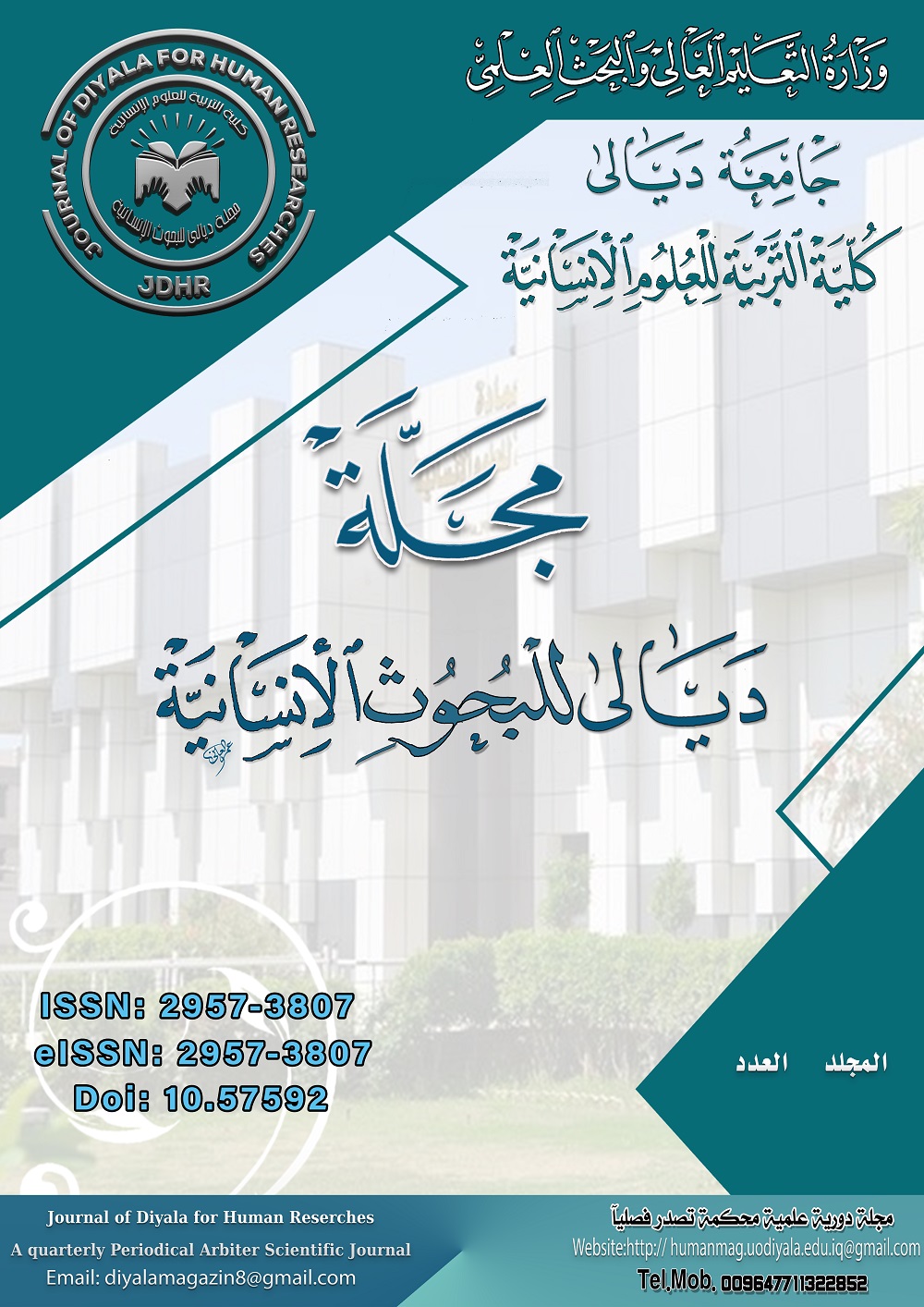تطوير مقياس انماط الفكاهة باستخدام الأنموذج الكشفي المتدرج المعمم لدى طلبة جامعة ديالى
DOI:
https://doi.org/10.57592/b4qgj506Abstract
Downloads
Published
2025-09-01
Issue
Section
بحـــــــوث العــــــدد
License
Copyright (c) 2025 م.د رشيد صالح مهدي الجبوري

This work is licensed under a Creative Commons Attribution-NonCommercial 4.0 International License.

